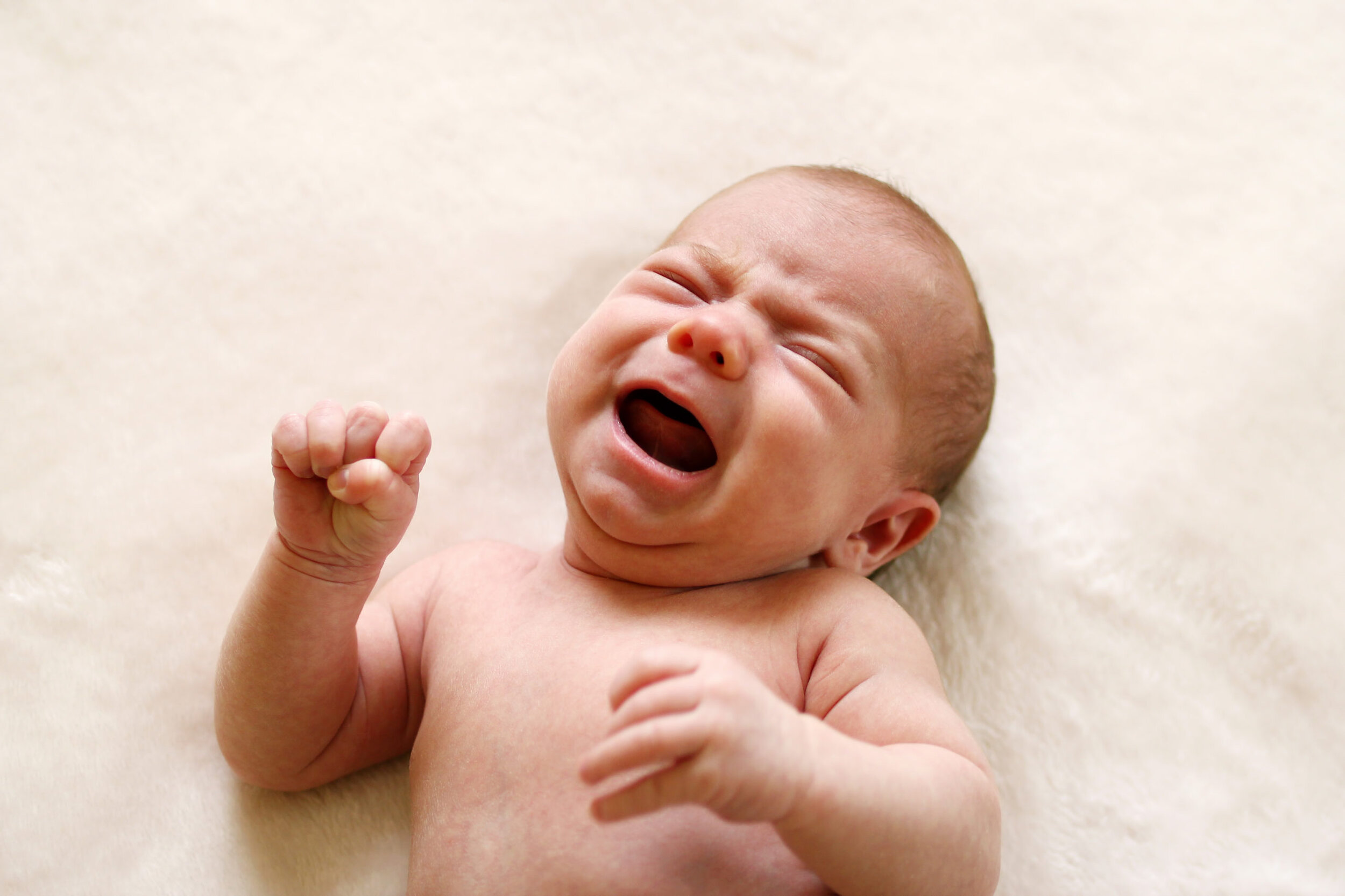My Favorite Parenting Advice
Parenting is hard. Really hard.
Sometimes I think the bulk of parenting is fumbling through an ever-changing set of frustrating issues until you finally get the offspring out the door. Even then, there are no guarantees the parade of issues will stop.
Parenting is one of the hardest things you’ll ever do. It’s also one of the best things you’ll ever do. One day kids can make you want to pull your hair out until the following day when they bring great joy.
By the time we have kids, most of us haven’t figured out what we want from our own lives after decades of trying. Yet, somehow we’re expected to figure out what this helpless stranger wants when every request sounds the same. Is that the “I’m hungry” wail or the “I’m wet” wail? Is the little gal screaming because she’s tired, or does she want to be held? Does mini-me need more formula, or does he simply want to drool and stare at a different ceiling for a while?
And as soon as you figure out what some wails mean, the game changes by introducing a different set of rules. When parents with young ones complain about something the kids are doing, I tell them it’s only a stage and will be over soon. What I think but don’t say is…
Portrait of a Parent?
Then you’ll have a whole new set of issues that will make you the one who wails.
From the beginning, I wanted to be a great parent. I read up on it. I listened intently to those who’d struggled before me. I tried lots of techniques to discover what worked and what didn’t.
The reality is I’ve failed more times than succeeded. My guess is most parents with older children know what that guilt feels like. Ultimately, we all seem to be doing the best we can through major trial and error. Even with my kids nearly grown, trial and error still dominate my parenting style.
But…There’s one piece of advice I stumbled across over a decade ago that helped more than anything else I’ve tried. I’ve seen it make a difference, and it’s something I wish every parent knew.
The advice came from a book, one I passed to another parent long ago. The book is NurtureShock: New Thinking about Children.
The title didn’t do much to draw me in, but an interview with the science journalist authors did. In it, they mentioned how the book’s findings were at odds with the conventional wisdom given to most new parents. That hooked me. I’m skeptical of most conventional wisdom as it too often replaces thinking for oneself.
Once I bought the book, the first chapter’s takeaway resonated with me so powerfully that I implemented it immediately. The fact it was so easy to implement made it even better.
I’m going to pass along this golden nugget, but since the physical book is no longer in my possession, know I’m going from memory. I can't guarantee the exact details, but you’ll get the gist and be able to use it immediately. If you want to dig deeper, read the book.
The Gist
Researchers conducted a study about the effects of praise on kids. Breaking up young kids into two groups, they gave both sets simple tasks. Let's say the tasks were super simple puzzles. Neither group had issues completing the puzzles, and the researchers praised both sets after they finished. For the first group, the praise sounded like this: Great job finishing that puzzle. You must be smart.
For the second group, it was: Great job finishing that puzzle. You must have worked hard.
The researchers conducted a second round, increasing the puzzle's complexity. Both groups finished the puzzles with the researchers doling out the same respective praise.
Group One: Great job finishing that puzzle. You must be smart.
Group Two: Great job finishing that puzzle. You must have worked hard.
Over time the researcher increased the puzzle's complexity until both groups struggled to finish them. These puzzles were so hard no one expected the groups of young children to be able to complete them.
An interesting dynamic emerged.
The kids praised for being smart were miserable and frustrated to the point they teetered on the verge of nervous breakdowns.
The Parenting Puzzle
But the kids praised for their effort remained calm and kept trying.
How can this remarkedly different outcome result from a simple change in how the kids were praised?
For the most part, being smart or handsome or beautiful or innately talented is something outside our control. We are born with a certain amount of that trait and can’t change it significantly. But what we can control is how hard we work and how much effort we give. Most of us know individuals with extreme talent and huge potential who didn’t make much of their lives, while less talented friends who worked hard became very successful.
When the kids were praised for something they couldn’t meaningfully control, like being smart for putting the puzzles together, the moment they couldn’t easily complete them, they began to fall apart because the prevailing subconscious thought is, I'm not so smart after all. But the kids who had been praised for their efforts kept working calmly. In their minds, if they couldn't complete the puzzles, they simply needed to keep working on them.
From that reading forward, I never praised my boys for being smart or talented or good-looking. I praised them for working hard and putting in the effort to accomplish what they wanted. I have no doubt it has made a solid impact on them. I’m not saying I never compliment the way they look on occasion, but when I do, it’s more about the choices they’ve made on their appearance, like choosing a good, presentable haircut or exercising to keep their bodies healthy or choosing not to dress too slovenly. (With teenage boys, you have to celebrate the small wins.)
As they’ve grown, I’ve watched my sons put extreme effort into areas where they want to be successful. I have full confidence they will continue that effort for the rest of their lives.
The oldest discovered Ultimate Frisbee late in high school. Ultimate Frisbee, not to be confused with disc golf, requires much athleticism and is one of the fastest-growing team sports in the country. It also places a high emphasis on sportsmanship. Discovering it late his sophomore year, he practiced and practiced, playing as much as he could until he developed the skills to try out and make a highly competitive club team in the Raleigh-Durham area of NC, which meant during his senior year in high school he had to drive over two hours there and back every time they practiced and played. It’s a rarity to make that particular team after only playing the sport for one year. He went on to make the team at North Carolina State the next year, which included making nationals in Austin, Texas. On top of that, he’s constantly generating and refining business ideas because he wants his own one someday soon. I know he will.
The youngest discovered early on that he wants to make music his life. I listen to him practice at least 3 hours a day, every day. Without any urging or direction from me, he created his own YouTube channel, built the subscriber base to almost 12,000, then monetized it. At 17, he's already getting paid to do something he loves.
Would either boy have done this had I praised them for being smart or talented or athletic? Maybe. But always praising them for their efforts and hard work didn’t hurt. Maybe your kids are grown now, and the opportunity has passed to use this advice early on. But if it resonates with you, why not pass it on to your kids to help them when they become parents?
I wrote earlier that I wish every parent knew this. Part of it stems from the desire to see everyone succeed. But there’s another reason I hope it gets passed along. If you’ve paid close attention lately, you may have noticed a trend of entitlement. There are varying definitions for the word, but I’ll define it using my own: the expectation of receiving something valuable without having earned it.
Entitlement has always been around, but I seem to notice more of it these days. Is it my imagination, or is it an actual trend? If it’s real, could one root cause be a generation of parents who’ve praised their kids on smarts and looks versus their efforts? Ones who may have given their kids too many valuable things without having to earn them?
I’m not sure we’ll learn the answer anytime soon. But I’m willing to bet that helping a new generation of kids recognize and embrace the value of working hard sure won’t hurt.







